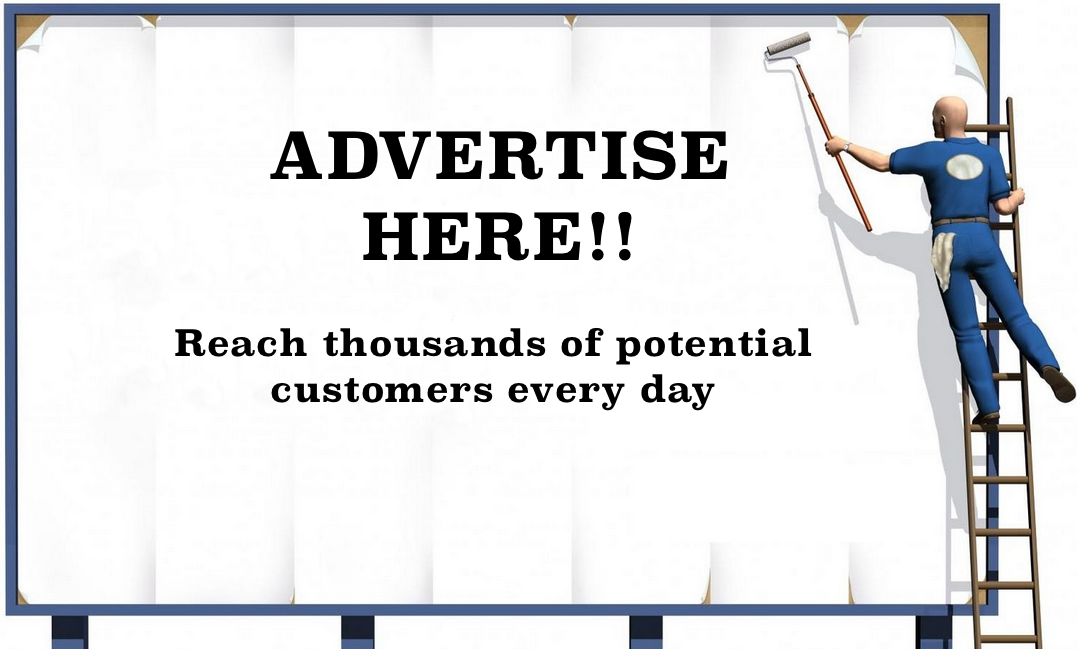How to Prepare for Interview ?
Job Essentials / Getting the Perfect Job

In interviews, your job is to convince a recruiter that you have the skills, knowledge and experience for the job. Show motivation and convince a recruiter that you fit the organizations culture and job description and you get that much closer to an offer.
1. Research the Organization.
This will help you answer questions and stand out from less-prepared candidates. An important part of interview preparation is to take the time to analyze the job posting, if you have it. As you review the job description, consider what the company is seeking in a candidate.
- Make a list of the skills, knowledge, and professional and personal qualities that are required by the employer and are critical for success in the job.
- Seek background information. Use tools like Vault, Career search or The Riley Guide for an overview of the organization and its industry profile.
- Visit the organization’s website to ensure that you understand the breadth of what they do.
- Review the organizations background and mission statement.
- Assess their products, services and client-base.
- Read recent press releases for insight on projected growth and stability.
- Get perspective. Review trade or business publications. Seek perspective and a glimpse into their industry standing.
- Develop a question list. Prepare to ask about the organization or position based on your research.
2. Compare your Skills and Qualifications to the Job Requirements.
- Analyze the job description. Outline the knowledge, skills and abilities required.
- Examine the hierarchy. Determine where the position fits within the organization.
- Look side-by-side. Compare what the employer is seeking to your qualifications.
3. PrepareResponses.
Most interviews involve a combination of resume-based, behavioural and case questions. We encourage you to practice telling your story in the best possible way.
4. Plan What to Wear.
- Go neutral. Conservative business attire, such as a neutral-coloured suit and professional shoes, is best.
- Dress to impress. Be sure that your overall appearance is neat and clean.
5. Plan What to Bring.
- Extra copies of your resume on quality paper.
- A notepad or professional binder and pen.
- A list of references.
- Information you might need to complete an application.
- A portfolio with samples of your work, if relevant.
6. Pay attention to Non-Verbal Communication.
- Be Mindful - Nonverbal communication speaks volumes.
- Start Ahead - Remember that waiting room behaviours may be reported.
- Project Confidence - Smile, establish eye contact and use a firm handshake.
- Posture Counts - Sit up straight yet comfortably. Be aware of nervous gestures such as foot-tapping.
- Be Attentive - Dont stare, but maintain good eye contact, while addressing all aspects of an interviewers questions.
- Respect Their Space - Do not place anything on their desk.
- Manage Reactions - Facial expressions provide clues to your feelings. Manage how you react, and project a positive image.
7. Follow Up.
Many interviews end with “Do you have any questions?”
- Bring a list. You may say, “In preparing for todays meeting, I took some time to jot down a few questions. Please allow me to review my notes.”
- Be strategic. Cover information not discussed or clarify a previous topic, do not ask for information that can be found on the organization’s website.
8. End with Thank You.
- Follow up a job interview with a thank you note reiterating your interest in the job.
- Consider your thank you letter as a follow-up "sales" letter. Restate why you want the job, what your qualifications are how you might make significant contributions, and so on.
- This thank you letter is also the perfect opportunity to discuss anything of importance that your interviewer neglected to ask or that you neglected to answer as thoroughly, or as well, as you would have liked.





